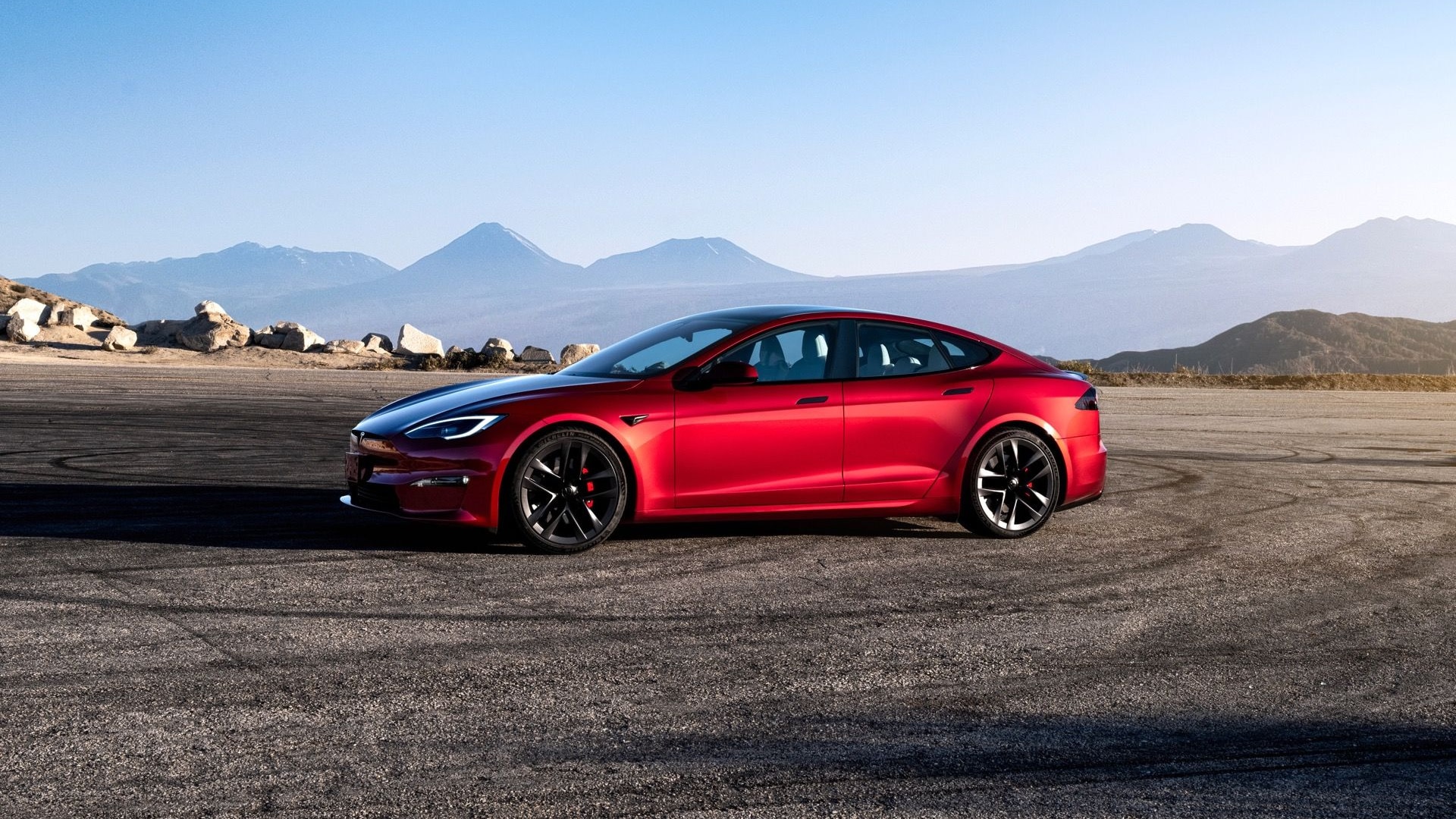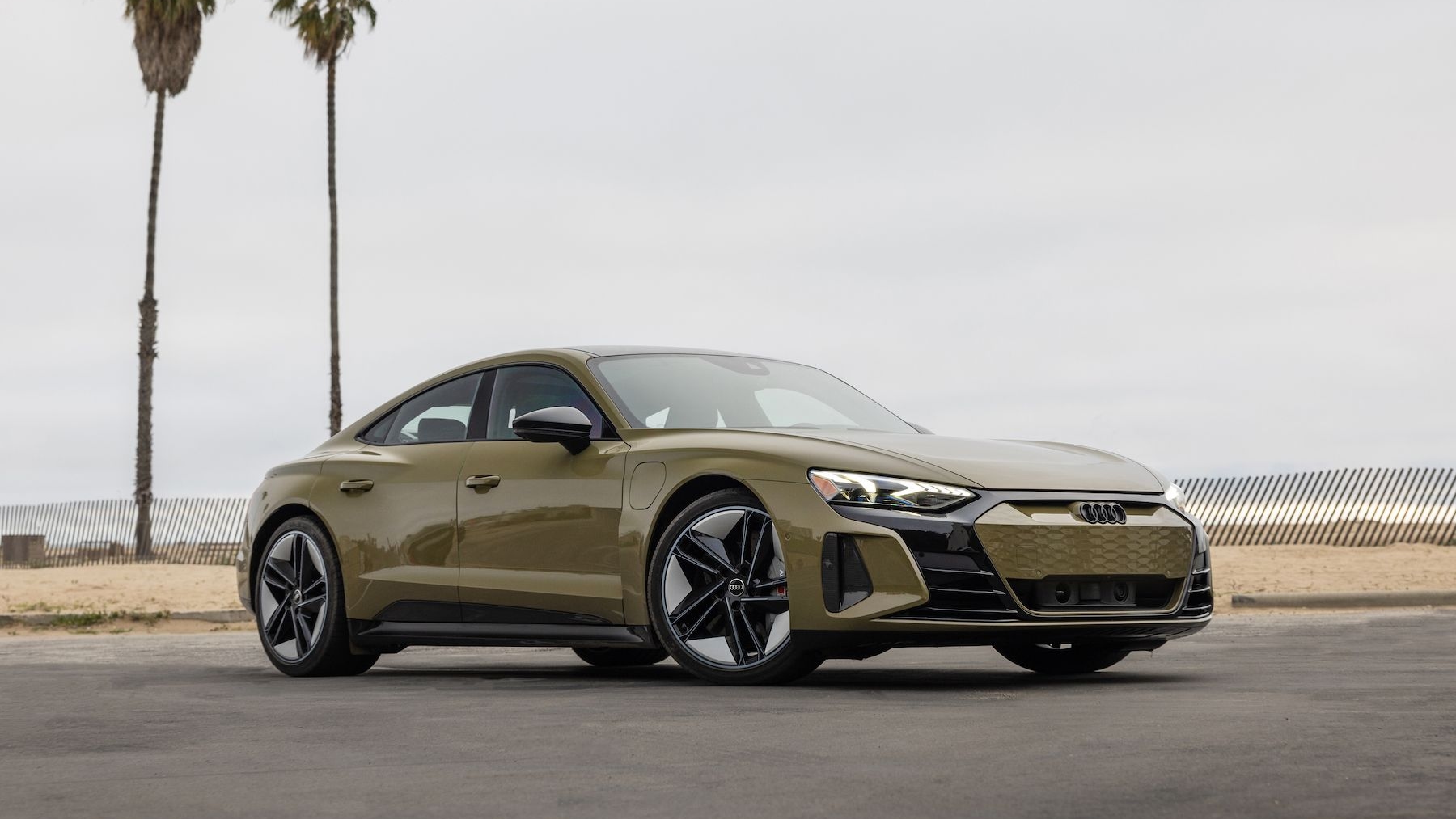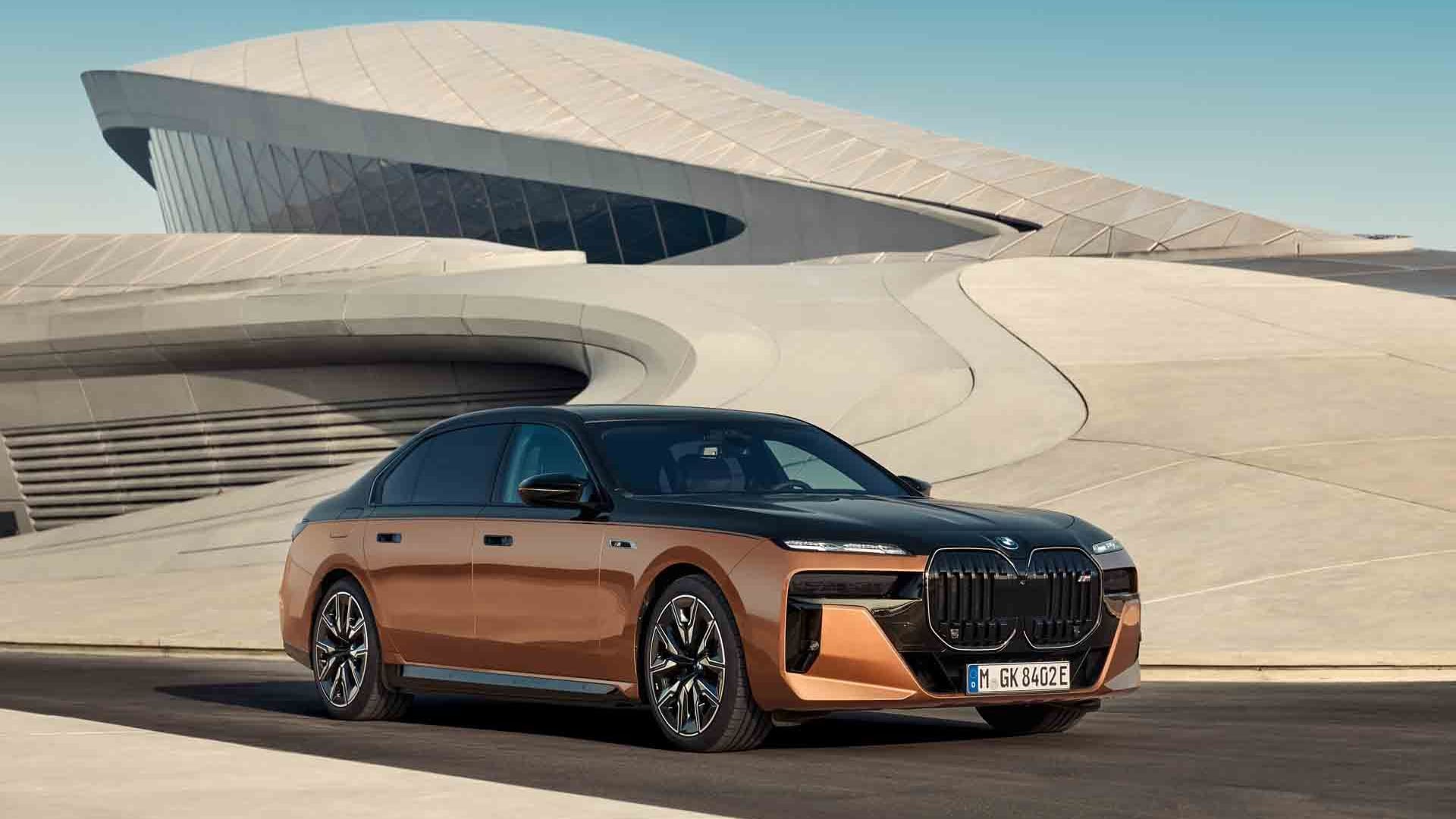Tesla's competition with Google on autonomous car technology has previously resulted in back-pedaling from CEO and iconoclast Elon Musk, however, dismissing his talk about self-driving cars as off-the-cuff remarks, rather than an organized plan.
Today's Reuters report seems to shed a different light on the subject, however. Musk now says Tesla is working to develop a car with "auto-pilot" functionality within the next three years.
In usual Musk and Tesla fashion, the autonomous technology is all being developed in-house, according to the report, rather than in conjunction with another carmaker.
The reality of the self-driving (or self-driving-capable) car is exactly that; this is no longer the stuff of science fiction. Mercedes-Benz is already selling limited autonomous capabilities in its new E Class range, and the new 2014 S Class will sport the tech as well. Despite its strides in this area, Mercedes-Benz doesn't expect to offer a fully autonomous car until sometime around 2020.
But legal matters over the use of self-driving cars remain, and the government is notoriously slow to move when safety concerns are involved. Beyond the legal and safety concerns, however, is the matter of educating the public on why they might want a self-driving car, as well as what the computer-controlled system can, and perhaps more importantly, cannot, do.
Three years is an ambitious target in light of these concerns, even with the rapidly advancing pace of technology. Nevertheless, with so many carmakers converging on the same goal, it is ultimately just a matter of time.



